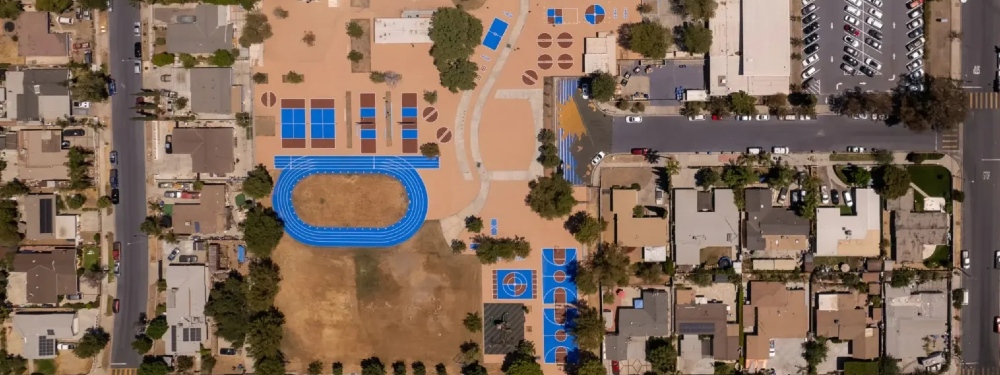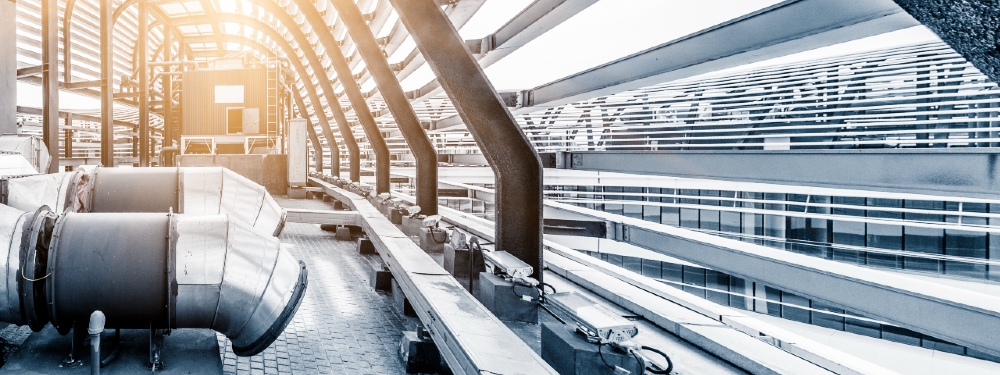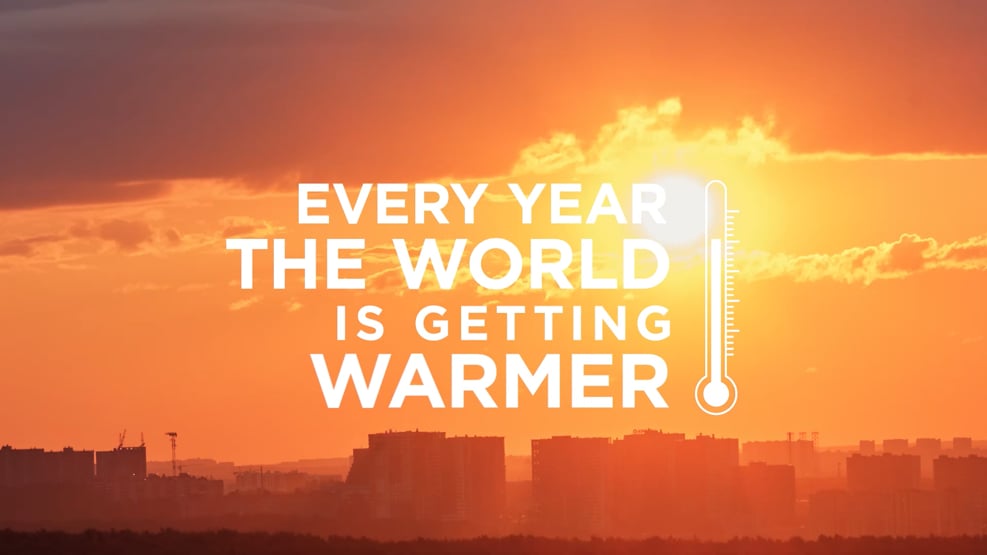Trucking ahead in a heated world: Unpacking the impact of transport refrigeration units
Trucking ahead in a heated world: Unpacking the impact of transport refrigeration units
Electric, climate-friendly TRUs can ensure the delivery of life-saving goods, support frontline communities along trucking routes, and limit emissions.
The heatwave in Europe is the latest in a year of devastating extreme weather around the globe, from wildfires to power shortages and record-breaking temperatures. Extreme heat events make us all acutely aware of the importance of access to cooling, like the mighty refrigerator.
While refrigerators do keep our food fresh, they also go beyond the home to store and transport vaccines, medicine, and donated blood or tissue – they are truly lifesaving. Transport Refrigeration Units (TRU) are refrigeration systems that provide temperature control for transportable perishable products. You might see them at a grocery store where workers are delivering fresh vegetables, or at a hospital where staff unload medicine, or even circling the neighborhood with ice cream on a hot day.
When trucks and railcars congregate along corridors or idle near logistics hubs, they pose significant health risks to people who work and live nearby, often low-income communities.
Yet the refrigerants used in today’s refrigerators are super-pollutants that typically leak into the atmosphere and can be thousands of times more potent than carbon dioxide. Further, the majority of the mobile refrigeration units used today run on dirty diesel fuel. Currently, TRUs are mounted on various containers, including trucks, semi-truck trailers, shipping containers, and railcars.
These dirty diesel engines power the truck and its cooling system, emitting particulate pollution that causes asthma and increases cancer risk. Although some of these units are relatively small, when trucks and railcars congregate along corridors or idle near logistics hubs, they pose significant health risks to people who work and live nearby, often low-income communities. More than 56,000 TRUs are operating every day in California, so the Air Resources Board modeled the health impacts for communities in the Central Valley where cold storage is an essential part of the agricultural industry. Based on local conditions, a TRU running 8,000 hours per week causes a potential cancer risk for nearly 1,800 people per million living close to cold-storage warehouses, and 600 people per million living near grocery stores.
And rising global temperatures are driving increased demand for cooling, which contributes to the climate crisis and ultimately creates the need for even more cooling. This has created a vicious feedback loop where the technology that keeps things cool, makes our world warmer. While these mobile cooling systems in their conventional form are highly polluting, more environmentally-friendly alternatives exist. However, with any new technological disruption, an incumbent and entrenched industry is slow to shift to zero-emission options.
Rising global temperatures are driving increased demand for cooling, which contributes to the climate crisis and ultimately creates the need for even more cooling.
In response to both the climate threat and impact on frontline communities, the California Air Resources Board voted earlier this year to phase out all diesel-powered TRUs in favor of zero-emission models by 2030, and to require the use of refrigerants that have lower global warming potential (GWP, a cooling industry metric). The policy includes a mix of incentives and regulations, driven by community input to clean up trucking. This approach is a good start and could be further strengthened and replicated in other places in the U.S. and internationally. Climate philanthropy has been effectively investing in community coalitions, policy frameworks, and industry leadership to advance clean trucks and curb emissions from the cooling sector, including the cold chain.
It’s important that we don’t sideline these specialized trucks as more of the world looks to bring TRUs into supply chains and onto local roads. Each year, a lack of adequate refrigeration leads to global food loss of 13%, which contributes to rising greenhouse gas emissions and rates of hunger. To mitigate these global and overlapping impacts, we need to better understand the scope of the problem and solutions that will drive accessible alternatives, aligned with our climate and equity goals. This is one example of where we can collaborate across sectors – drawing on expertise and a strong partner network in our Road Transportation and Clean Cooling programs. Through this crossover lens, we can highlight how electric, climate-friendly TRUs can ensure the delivery of life-saving goods, support frontline communities along trucking routes, and limit emissions.




